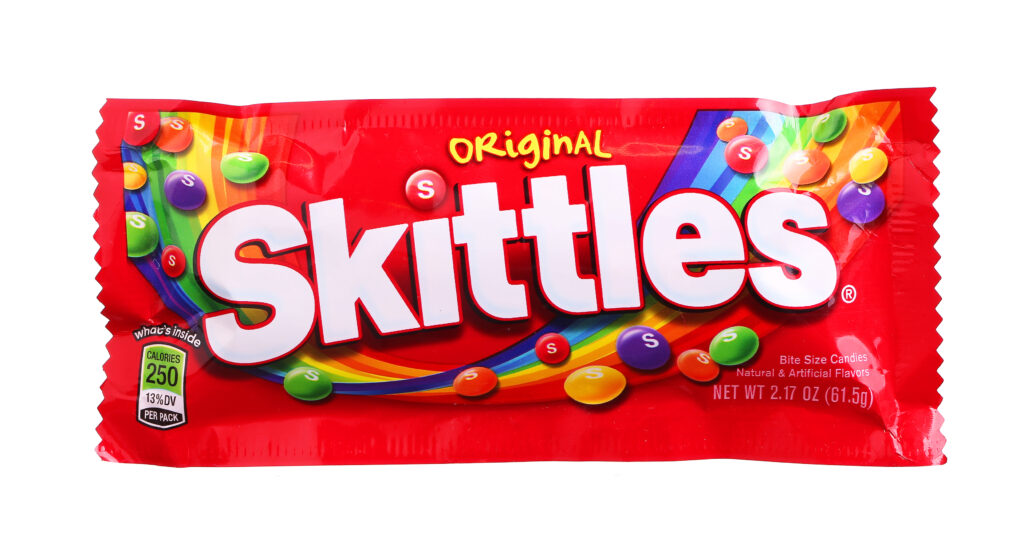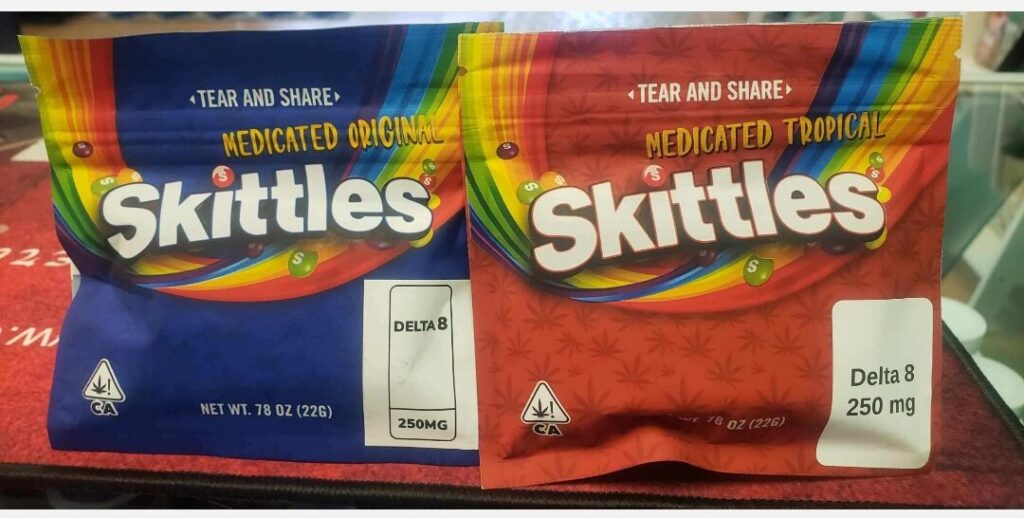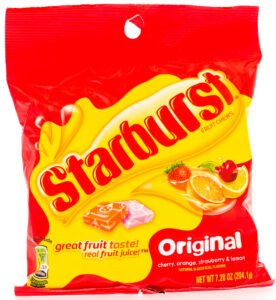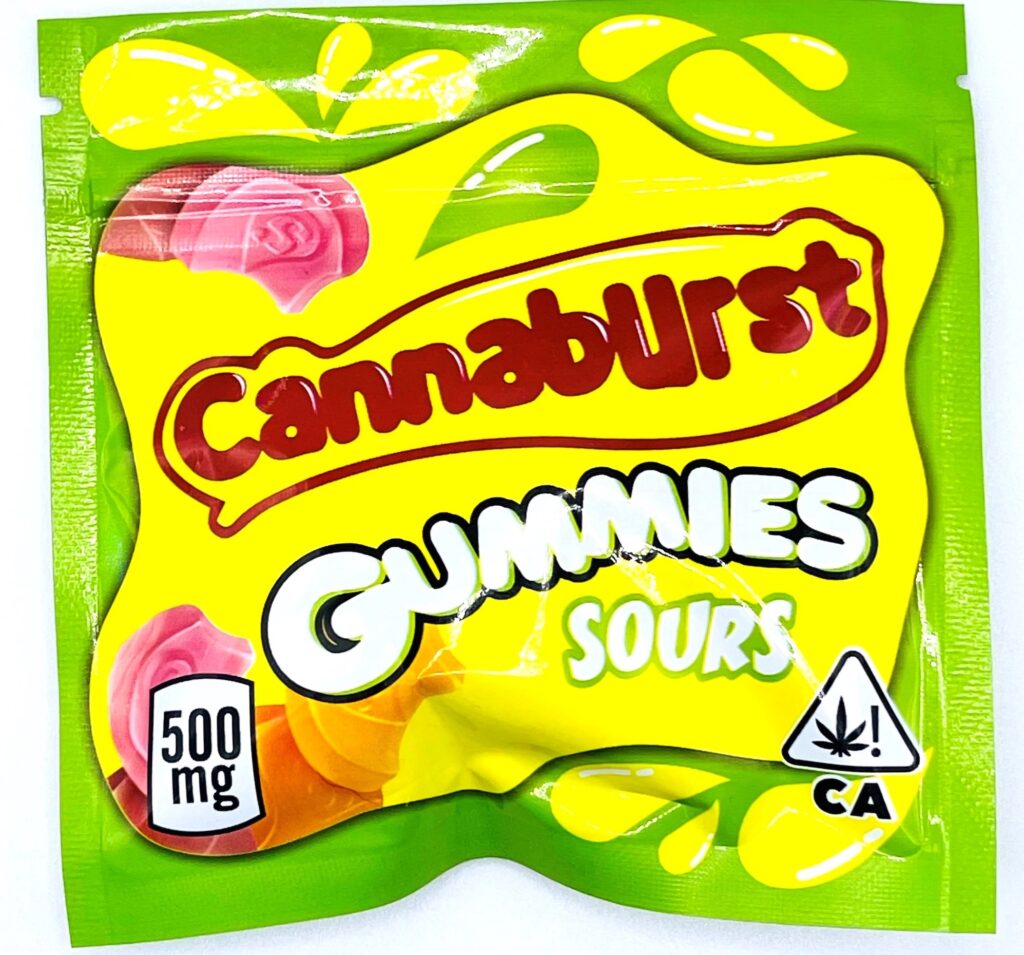Trademark infringement is the unauthorized use of a trademark or service mark on or in connection with goods and/or services in a manner that is likely to cause confusion, deception, or mistake about the source of the goods and/or services.
Common defenses to trademark infringement: fair use, nominative fair use, laches, unclean hands and trademark misuse, fraud in obtaining the registration, and application of the First Amendment (which includes the parody defense).
For parody to apply as defense the junior user must use the mark to indicate that the “defendant is not connected in any way with the owner of the target trademark while simultaneously poking fun at [the] trademark or the policies of its owner”.
However, there is statutory protection for a parody as a defense to a trademark dilution claim, but not for a trademark infringement claim. A recent case is a reminder to trademark owners to tread lightly when it comes to use third parties’ trademarks. The Wrigley Company, owner of Skittles, Starburst, and Lifesavers brands, filed a lawsuit against an individual in California selling edible cannabis products under the brands “Medicated Skittles”, “Medicated Cannaburst Gummies”, and “Munchies Edible Deal” having packaging that meant to imitate the Skittles and Starburst packaging.
A recent case is a reminder to trademark owners to tread lightly when it comes to use third parties’ trademarks. The Wrigley Company, owner of Skittles, Starburst, and Lifesavers brands, filed a lawsuit against an individual in California selling edible cannabis products under the brands “Medicated Skittles”, “Medicated Cannaburst Gummies”, and “Munchies Edible Deal” having packaging that meant to imitate the Skittles and Starburst packaging.
 A Final Judgement was entered against the individual declaring that its actions constituted trademark infringement, trademark dilution, unfair competition and deceptive acts. The Court issued an injunction against any future counterfeiting, infringement, and deceptive acts.
A Final Judgement was entered against the individual declaring that its actions constituted trademark infringement, trademark dilution, unfair competition and deceptive acts. The Court issued an injunction against any future counterfeiting, infringement, and deceptive acts. He was also ordered to:
He was also ordered to:
Recall the products;
Give an accounting of all profits from these products;
Pay statutory damage of $2 million per counterfeit mark;
Pay pre-judgment interest; and
Pay Wrigley’s costs, including legal fees.
I’d like to help by advising you on how to avoid situations like this one, how to better use and protect and monitor your trademarks for potential infringing activities, and subsequently enforce those rights.


